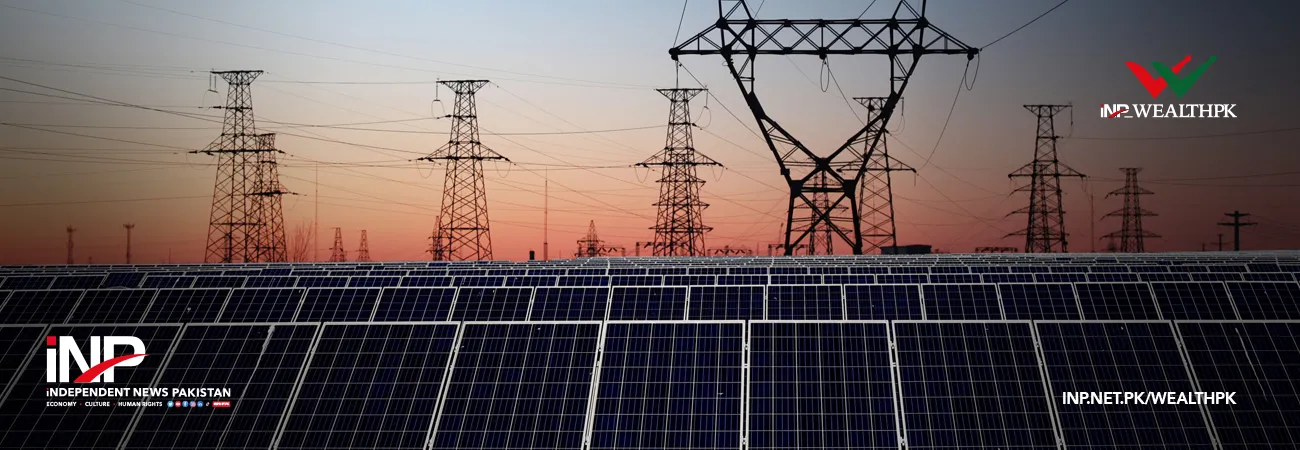INP-WealthPk
Moaaz Manzoor
Pakistan’s ongoing reform efforts are easing inflation and improving trade balance, but experts caution that sustained gains depend on the implementation of structural reforms and policy consistency, reports WealthPK.

The IMF has revised Pakistan’s growth forecast downward to 2.6% for FY25, below the government’s target of 3.6%, amid global uncertainty driven by US trade policies. However, it improved Pakistan’s inflation projection to 5.1% and sharply cut the current account deficit estimate to just 0.1% of GDP, signaling some macroeconomic stability.
Komal Kenneth Shakeel, senior economist at Reenergia, told WealthPK that the country has “definitely entered a cycle of stabilization,” crediting the State Bank of Pakistan’s (SBP) calibrated monetary easing approach. She noted that the central bank’s strategy of “cutting rates in a piecemeal and predictable manner” is prudent, as it avoids the risks associated with abrupt shifts in monetary policy.
According to her, the improving investor sentiment signals confidence in Pakistan’s macroeconomic trajectory, particularly regarding inflation and the external account. Komal emphasized that sustaining this momentum requires more than just fiscal tightening or compliance with the IMF — it demands genuine reforms in the business environment and support for domestic enterprises.
“If businesses thrive at home, it naturally encourages foreign investment without excessive marketing or special concessions,” she said. Muhammad Bilal Ejaz, a research analyst at Ismail Iqbal Securities (Pvt.) Ltd, offered a more cautious interpretation. While acknowledging that inflation has eased — headline inflation dropped to just 0.7% YoY in March — he stressed that this development cannot be attributed solely to domestic reforms.
“Much of the relief is due to the lower global oil prices and favorable base effect,” he explained. He pointed out that food prices, a major component of the consumer price index, had played a central role in the deceleration of inflation. However, core inflation, which excludes food and energy, remained high at 8.2% YoY in urban areas and 10.2% in rural regions.
According to Ejaz, domestic reforms such as subsidy rationalization, import compression, energy price adjustments, and a tight monetary policy have certainly played a role in easing inflation and improving the current account, but these gains remain fragile. “The current account improvement is influenced as much by subdued import demand as by policy action,” he said, cautioning that “without structural reforms, political continuity, and sustained external support, this momentum may not last.”
Both experts agree that while macroeconomic indicators are heading in the right direction, the foundation remains vulnerable. The challenge now lies in translating short-term stabilization into long-term resilience through deeper institutional reforms and a more enabling business climate. The real test will be how consistently Pakistan can implement reforms beyond IMF conditionalities and respond to both internal constraints and external uncertainties.
Credit: INP-WealthPk













